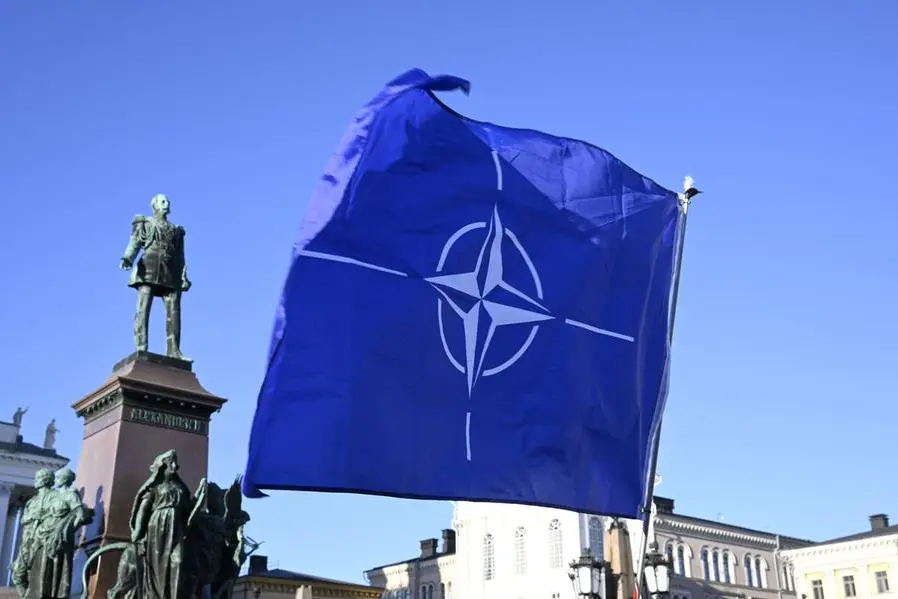PHOTO
Dozens of NATO troops secured on Tuesday a municipal building in the Kosovo town of Zvecan, where the previous day 30 NATO soldiers and 52 Serb protesters were injured in clashes.
Several ethnic Serbs gathered in front of the building but the situation was calm, a Reuters reporter said, as soldiers from the United States, Italy and Poland stood by in anti-riot gear.
On Monday, Serb protesters in Zvecan threw tear gas and stun grenades at NATO soldiers. The NATO force, known as KFOR, said 30 of its soldiers were hurt in the clashes. Serbian President Aleksandar Vucic said 52 Serbs were injured.
In another Serb-majority town, Leposavic, an ethnic Albanian mayor was unable to leave his office for more that 24 hours because of protesters outside, media reported.
EU Foreign Policy Chief Josep Borrell condemned Monday's violence "in the strongest possible terms".
"The violent acts committed against @NATO_KFOR troops, media, civilians and police are absolutely unacceptable," Borrell said on Twitter.
Tensions have risen since ethnic Albanian mayors took office in northern Kosovo's Serb-majority area after elections the Serbs boycotted.
Kosovo authorities have blamed Vucic for destabilising Kosovo. Vucic blamed Kosovo authorities for causing problem by insisting on installing new mayors.
"In a democracy there is no place for fascist violence—no appeal from ballot to bullet," Kosovo Prime Minister Albin Kurti said on Twitter late on Monday.
Vucic is due to meet ambassadors of the so-called Quint group - the United States, Italy, France, Germany and Britain - in Belgrade and is later due to meet the ambassadors of Russia and China to Serbia.
Italian Foreign Minister Antonio Tajani told RAI public radio he had spoken to Vucic and Kurti on Monday evening.
"I invited everyone to be calm ... abandon violence, and I hope they listened, both showed great willingness, we'll see."
Ethnic Serbs, who are in the majority in Kosovo's north, have never accepted its 2008 declaration of independence from Serbia and still see Belgrade as their capital more than two decades after the Kosovo Albanian uprising against Serbian rule.
Ethnic Albanians make up more than 90% of the population in Kosovo as a whole, but northern Serbs have long demanded the implementation of an EU-brokered 2013 deal for the creation of an association of autonomous municipalities in their area.
Serbs refused to take part in local elections in April and ethnic Albanian candidates won the mayoralties in four Serb-majority municipalities - including North Mitrovica, where no incidents were reported on Monday - with a 3.5% turnout.
"KFOR will continue to take all necessary measures to ensure a safe and secure environment and freedom of movement for all communities in Kosovo, in accordance with its mandate," the NATO force said in a statement. (Reporting Fatos Bytyci; Additional reporting by Alvise Armellini; Writing by by Ivana Sekularac; Editing by Robert Birsel)





















